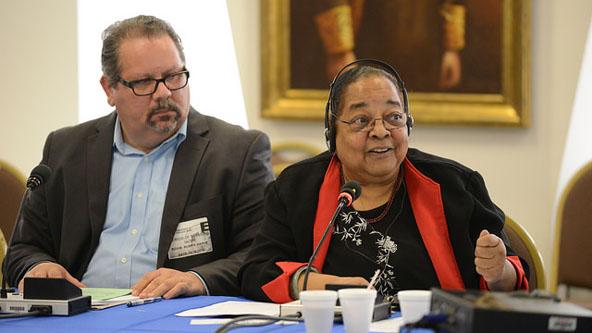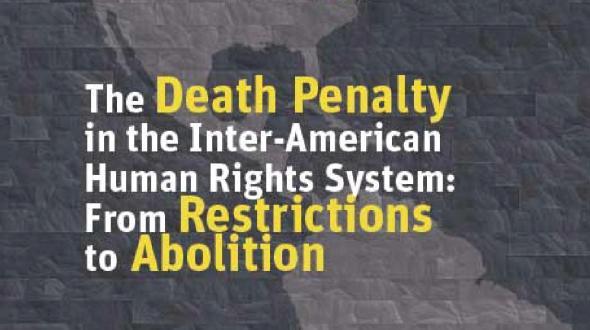Nicaragua makes abolition irreversible
Protocol
The abolition of the death penalty thus became irreversible in the Central American country, 19 years after its government signed the treaty.
This ratification is not a big change in itself as the death penalty was last applied in 1930 and was abolished for all crimes in 1979. However, the 1987 National Constitution states, in its article 23, that “the right to life is inviolable and inherent to the human person. In Nicaragua there is no death penalty”.
The wording is clear, the terms are strong. It is not only a repeal of the death penalty, but also a rejection of its existence.
Why, then, did it take 19 years for Nicaragua to ratify this protocol signed in 1990? There seems to be no reason, except that it was not a priority issue in the country and it had not much support from local organizations.
The Second Optional Protocol is a universal instrument, adopted by the UN’s General Assembly. It is open to ratification by every country since 15 December 1989.
It is the only universal treaty prohibiting executions and providing total abolition of death penalty.
Total and irreversible abolition of the death penalty
The ratification of the Second Optional Protocol is one more proof of the general trend for a universal abolition of the capital punishment. The World Coalition supports an increase in the number of protocol ratifications. Abolition is no longer sufficient. It must be irreversible.
The ratification seems to be a mere formality but it is, in fact, a real warranty, an “international bolt on the door”, as lawyer and former president of Amnesty International’s French section Denys Robiliard explained.
By ratifying this protocol, Nicaragua’s governments will never again be able to reintroduce the death penalty, by any means. As more states ratify the Second Optional Protocol, the death penalty edges closer towards definitive abolition.
Nicaragua has also ratified the Convention Against Torture, the Children’s Rights Convention and the Protocol of the American Convention on Human Rights to Abolish the Death Penalty.





